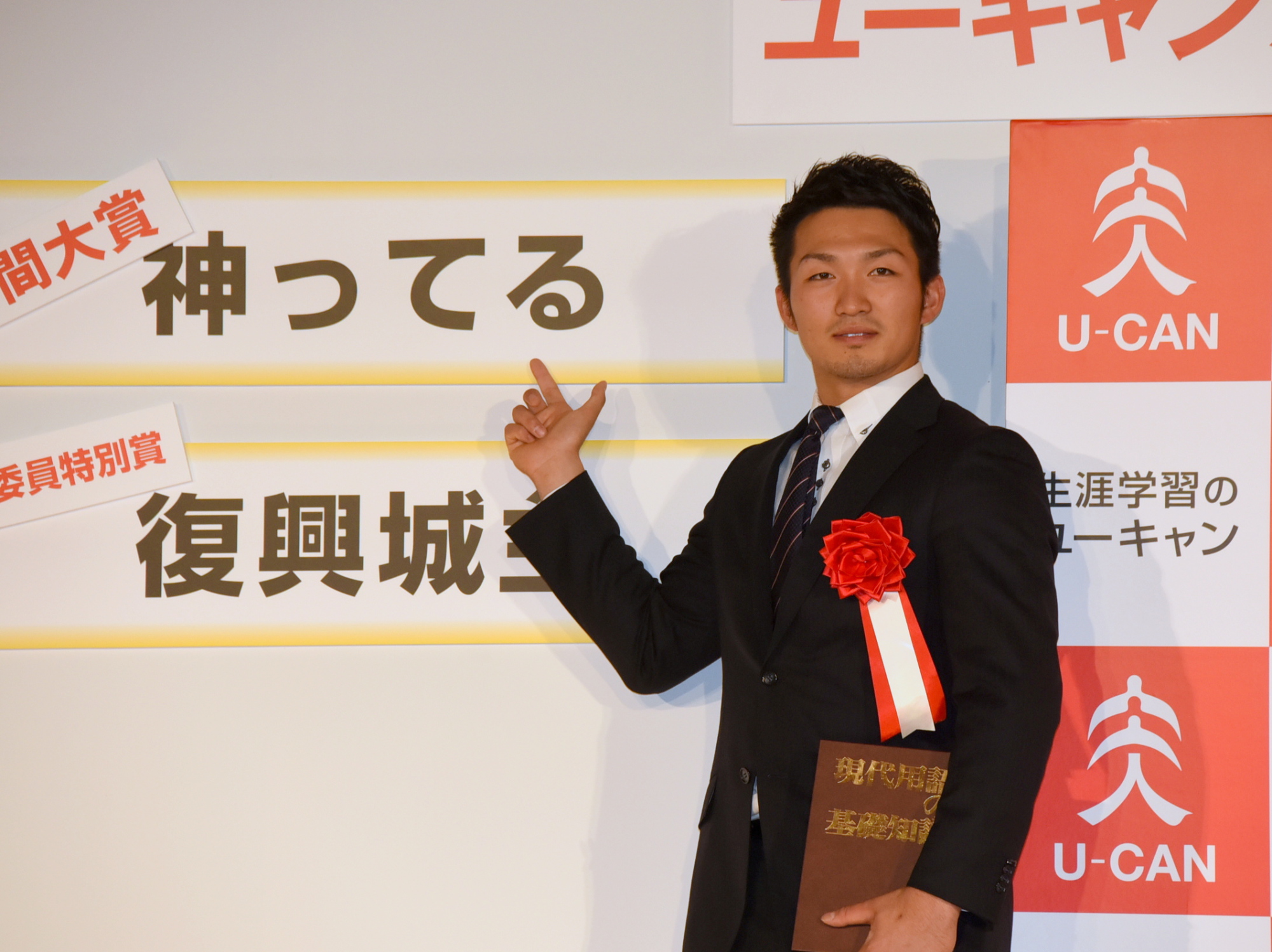A superhuman effort on the baseball field inspired the top buzzword of the year, it was announced Thursday, in a contest that highlights social, political and entertainment trends.
The winning entry was kamitteru, or superhuman behavior, honoring the clutch performance of Hiroshima Toyo Carp outfielder Seiya Suzuki.
The phrase was used by the team's manager, Koichi Ogata, when Suzuki hit a game-ending home run for the second straight day against the Orix Buffaloes in June.
















With your current subscription plan you can comment on stories. However, before writing your first comment, please create a display name in the Profile section of your subscriber account page.